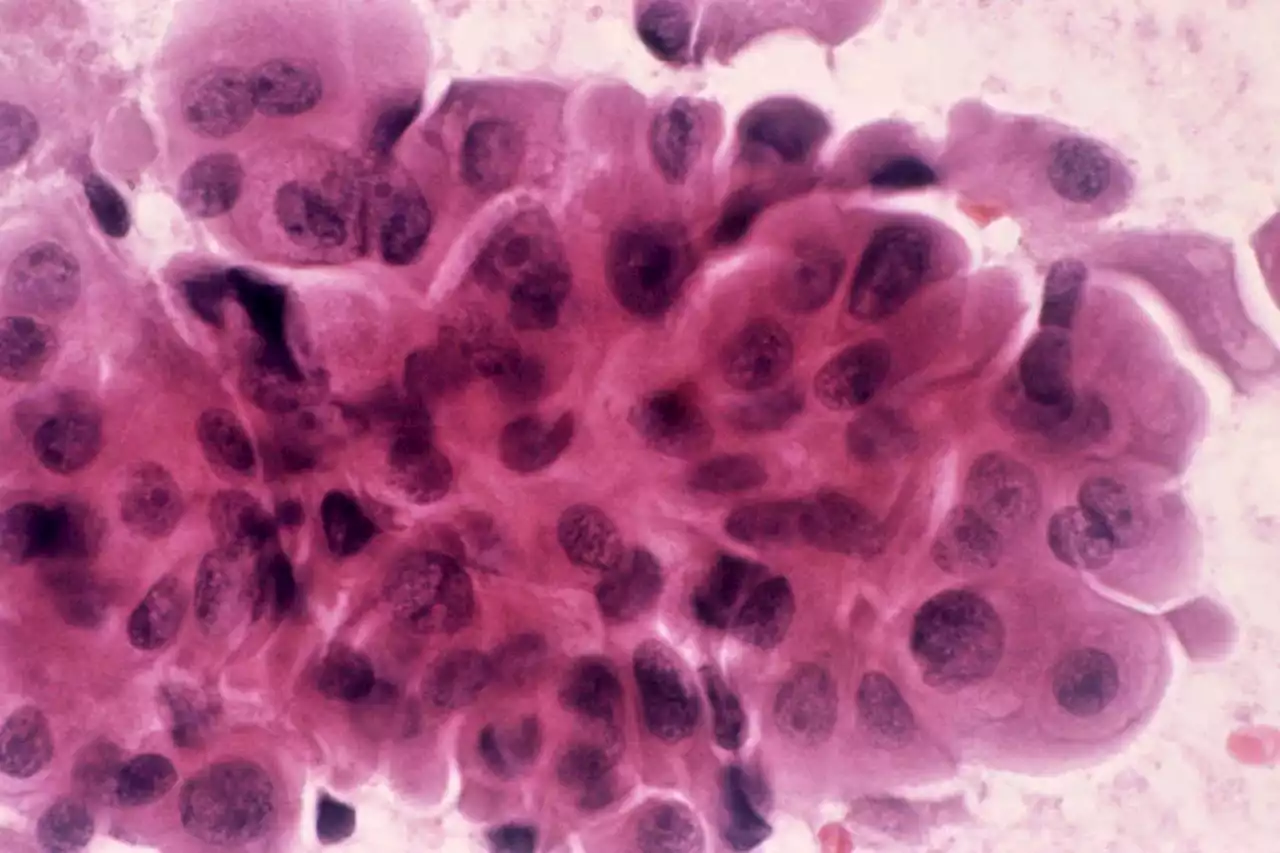One of the most significant barriers to the adoption of plant-based meat alternatives is their often dry and astringent texture upon consumption. A team of scientists, headed by Professor Anwesha Sarkar at the University of Leeds, is pioneering a transformation in the texture of plant proteins. T
A research team has transformed plant proteins from dry and astringent to juicy and fat-like by creating microgels that trap water, enhancing texture and mouthfeel without adding any chemicals. The findings have the potential to boost consumer interest in plant-based proteins and contribute to meeting global climate change targets by reducing reliance on animal products.
The gel is then homogenized, which breaks the protein network into a microgel made up of tiny particles that cannot be seen with the naked eye. Under pressure, as they would be when they are being eaten, the microgels ooze water, creating a lubricity akin to that of single cream. With the breakthrough, the research team hopes consumer interest in plant-based proteins will be revitalized, encouraging people to reduce their reliance on animal products for protein intake, a necessary step if global climate change targets are to be met.
But the proof came in visualizations produced in the atomic force microscopy suite in the Faculty of Engineering and Physical Sciences at Leeds. Atomic force microscopy involves a tiny probe scanning the surface of a molecule to get a picture of its shape.Plant proteins start off as clumpy and poorly hydrated. Water is added and they are heated. The proteins change shape and trap water around themselves, creating a gel.
Dr Mel Holmes, Associate Professor in the School of Food Science and Nutrition at Leeds and one of the authors of the paper, said: “This study reveals the ingenuity and depth of science involved in modern food technology, from the chemistry of proteins, the way food is sensed in the mouth to an understanding of tribology – the friction between materials and sensory cells in the mouth.
Deutschland Neuesten Nachrichten, Deutschland Schlagzeilen
Similar News:Sie können auch ähnliche Nachrichten wie diese lesen, die wir aus anderen Nachrichtenquellen gesammelt haben.
 Potential new medicine can target proteins on cancer cell surfacesA way of destroying specific proteins on the surface of cells could lead to new treatments for a wide range of conditions, particularly cancers
Potential new medicine can target proteins on cancer cell surfacesA way of destroying specific proteins on the surface of cells could lead to new treatments for a wide range of conditions, particularly cancers
Weiterlesen »
 Nanoparticles made from plant viruses could be farmers' new ally in pest controlEngineers have devised a new solution to control a major agricultural menace, root-damaging nematodes. Using plant viruses, the researchers created nanoparticles that can deliver pesticide molecules to previously inaccessible depths in the soil. This 'precision farming' approach could potentially minimize environmental toxicity and cut costs for farmers.
Nanoparticles made from plant viruses could be farmers' new ally in pest controlEngineers have devised a new solution to control a major agricultural menace, root-damaging nematodes. Using plant viruses, the researchers created nanoparticles that can deliver pesticide molecules to previously inaccessible depths in the soil. This 'precision farming' approach could potentially minimize environmental toxicity and cut costs for farmers.
Weiterlesen »
 The 2 Types of *Plant-Based* Milk Folks in the Blue Zones Consume for Healthy AgingIn other words, they’re legen-dairy.
The 2 Types of *Plant-Based* Milk Folks in the Blue Zones Consume for Healthy AgingIn other words, they’re legen-dairy.
Weiterlesen »
 LG Chem partners with Huayou Group to build joint LFP cathode plant in MoroccoThe plant, set to start production in 2026, aims to produce 50,000 metric tonnes LFP cathode materials annually.
LG Chem partners with Huayou Group to build joint LFP cathode plant in MoroccoThe plant, set to start production in 2026, aims to produce 50,000 metric tonnes LFP cathode materials annually.
Weiterlesen »
